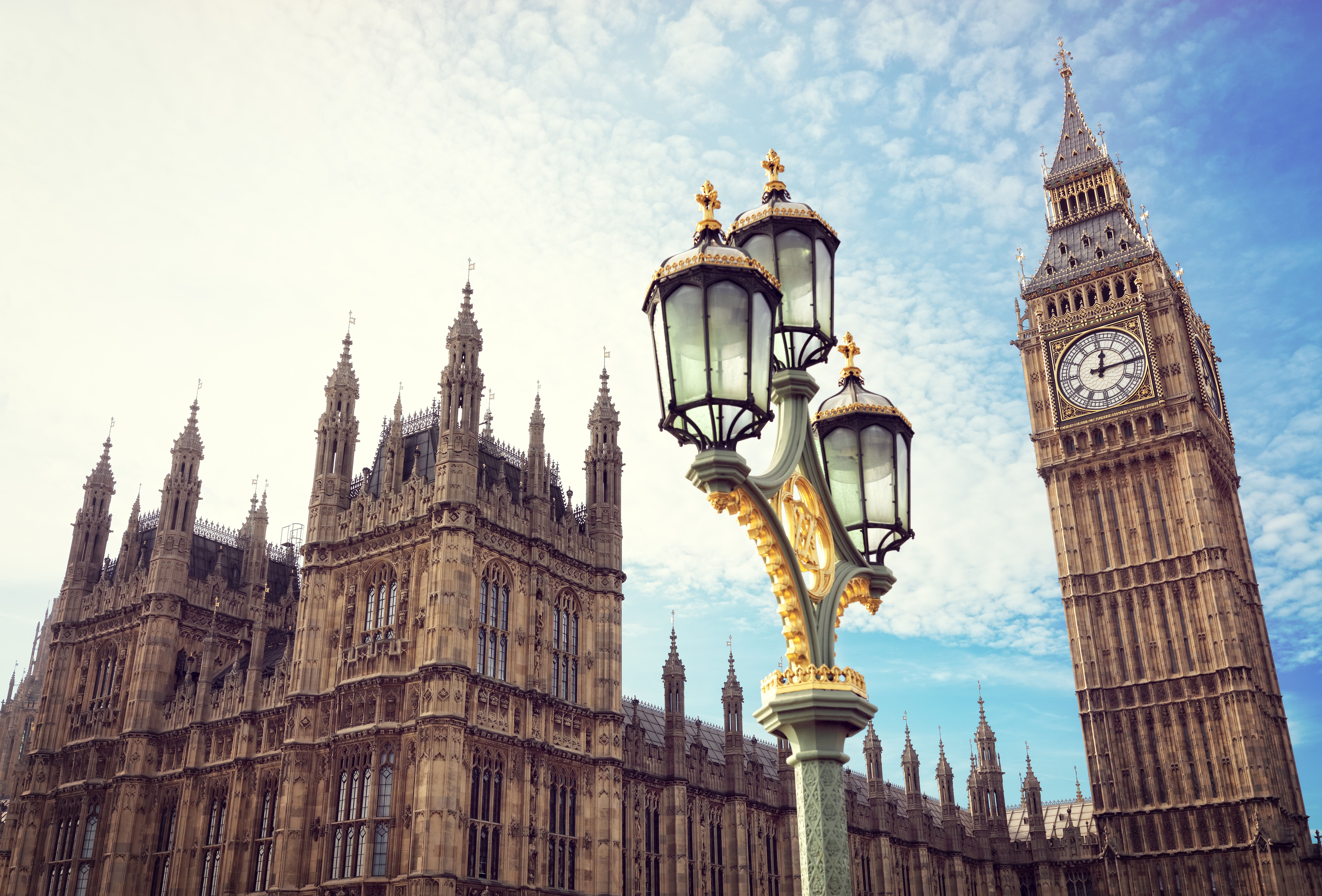
Following the Prime Minister’s announcement of a general election on 8 June, how should employers tackle political campaigning at work?
It’s inevitable that discussions between employees will at some point turn to the general election. Some will have very strong views, which could lead to tension. When politics and the workplace mix, it can cause a number of issues. But can employers stop staff from displaying their political allegiance, sharing their opinions and campaigning at work? Employers must also be prepared for staff wanting to take time off work for campaigning.
Can employers stop staff from politically campaigning?
Employers can stop staff from political campaigning at work, on the basis of causing disruption, or upsetting colleagues or customers. They can also take disciplinary action if an employee undertakes non-work activities, such as political campaigning, during work time. This also applies to staff using employer’s resources for party-political business.
What about freedom of expression?
An employee might say their right to freedom of expression becomes hindered if they cannot campaign at work. And they don’t need the usual two year’s service to bring a claim if they are dismissed due to their political affiliation or opinions. But if the employer strikes a sensible balance, then they’re unlikely to breach any human right laws. And employers can take action if the employees’ political activities are bringing the employer into disrepute.
It’s unrealistic to think you can have a complete ban on mentioning any politics in the workplace. In fact, a shared interest among colleagues can actually be quite positive. But employers must ensure that any ban is enforced consistently across the organisation and not just focused on particular political parties.
Employers can ban political symbols at work
Employers can apply appropriate dress codes in the workplace, including banning items that show political support. This is generally best covered in either a policy on political activities or a dress code policy. For staff dealing with the public, this becomes particularly important.
Be alert to any politically motivated harassment
Employers need to watch out for any employees harassing colleagues because of their political beliefs. Following the Brexit vote, some people reported harassment at work, due to their nationality. And it’s not just workers outside the UK who have been on the receiving end of harassment. There have been reports of hostile comments and harassment between English and Scottish staff over the issue of Scottish independence. It’s worth remembering that the English and Scots are separate racial groups under UK law. So, if an English or Scottish person makes an offensive comment about the other, they could face a discrimination complaint. As an employer, if you receive such a complaint, you should follow your disciplinary procedure.








